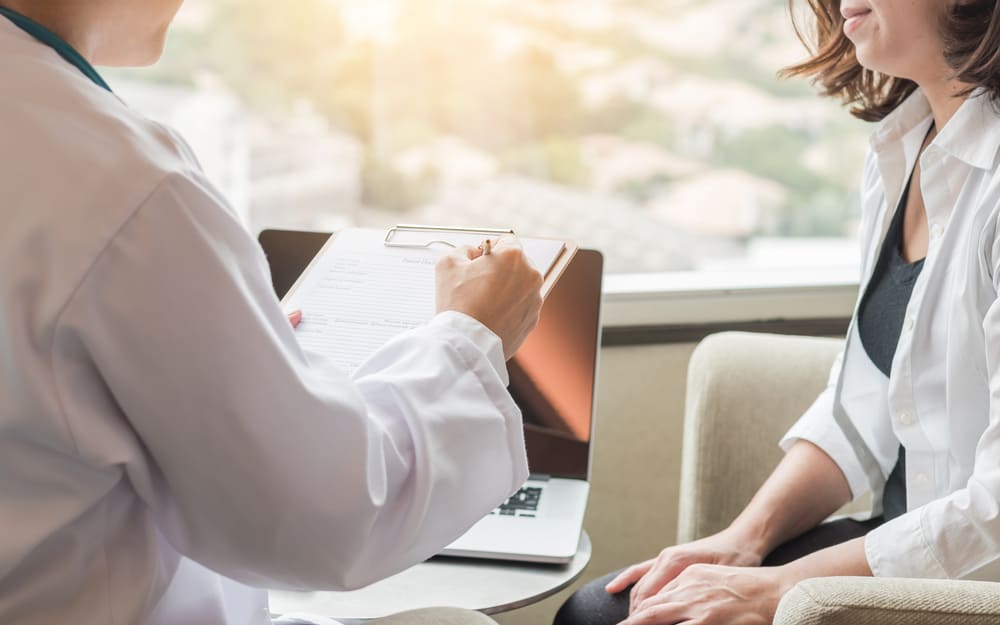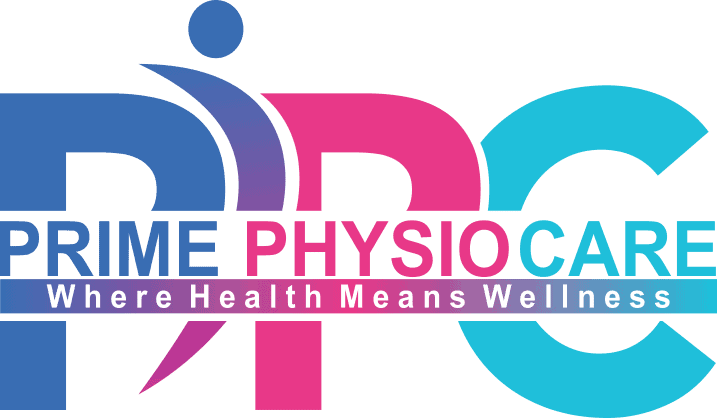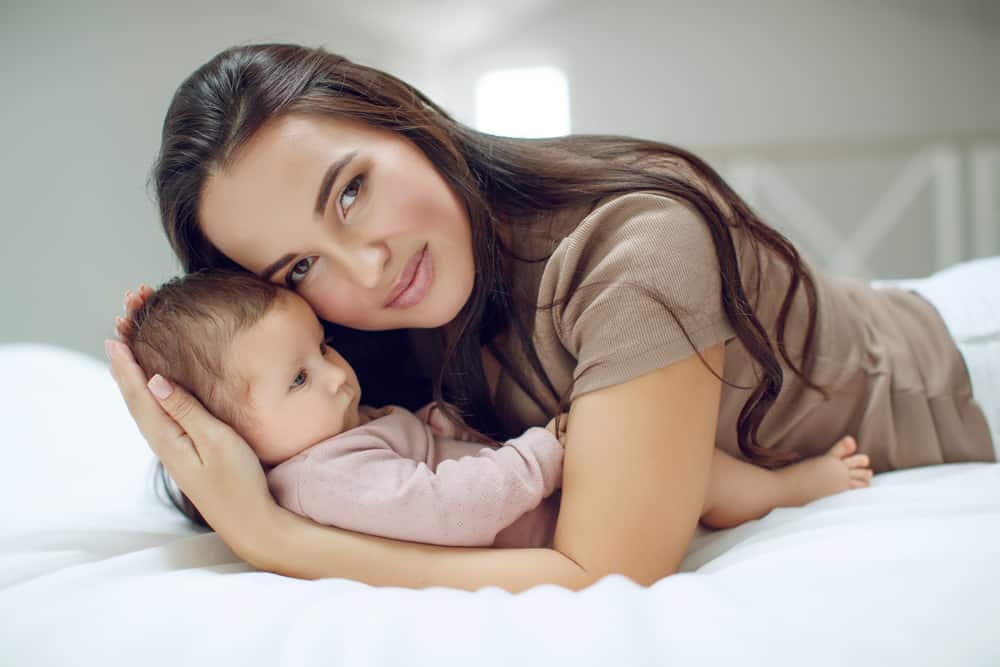Women’s Health
Congratulations on having your bundle of joy!
So what’s next for the mum? Is it the sleepless nights, sore nipples (if breastfeeding), tired neck? Or is it the more hidden problems which women are told by their subconscious “sussh! That’s not important, you have more important things to worry about the baby“? It is definitely later rather then formal, although formal is also a problem to be solved no doubt.
So what are the hidden more problematic issues? Here is a list which almost every women face, if not all, postnatally, be it either after normal delivery, C-section, assisted delivery.
- Pelvic pain
- Urinary incontinence
- Abdomen muscle separation
- Heaviness dragging feeling down
- Constipation
- Low back pain
- Painful intercourse
The list is just non exhaustive
Pregnancy and childbirth are the two main life-changing events. Your body goes through immense changes just to bring another life into this world. There is a reason why it is called “miracle of life “. But sadly this process is taken for granted in terms of how bodies of a mum are treated by the mum herself sometimes.
Let me ask you a question … If someone would have been suffering from knee problem or ankle pain Would they go out to seek help? Definitely in most cases the answer is yes! Then why is it that we don’t get our “women health part “ checked after have gone through such changes?
Researches suggest that about 57.7% of women in their reproductive age suffer from Urinary incontinence (Komeilifar et al., 2015).
19 % of women suffer from Pelvic girdle pain to some degree after pregnancy (Bergström et al., 2017).
45.4% of women suffer from abdomen muscle separation 6 months after pregnancy.( Sperstad et al, 2016).
32.5% of women who had perineal pain 1 month post pregnancy reported to have pain during intercourse after 6 months (Alligood-Percoco, Kjerulff, and Repke, 2017).
Okay I am suffering, so where should I go?
That is a question which most of us face because there isn’t much out there as much as there is for other parts of the musculoskeletal system.
A women’s health Physiotherapist is one from whom help should be sought. They are certified in getting a proper assessment done and apply treatment procedures, which help improve quality of life.
Does it matter if I leave the problem, as it is I am coping somehow?
It does matter if proper help is not sought as the problem can become worse. You might think you are coping well but your body is just showing symptoms of the stress you put on your body in different ways. There is no need to be embarrassed about it and these problems are “not normal”.
SEEK HELP PLEASE! DON’T SUFFER IN SILENCE.

Women’s Health Matters
How can you book an appointment?
At our clinic we have a certified MUMMY MOT Women’s health specialist that will thoroughly examine you and then give you her plan. All this is done confidentially and with lot of empathy. We are on of its kind of Women’s health Physiotherapy clinic in Luton. We aim to see you within 24 hours so contact us to make an appointment or to find out more information on how we can help you, please call us on 07515280990 or email us primephysiocareluton@gmail.com. We are one of the best clinics whose physios are registered with HCPC, CSP and Physio first as well have enormous experience.
References
Komeilifar, R., Javadifar,, N., Afshari,, P., Haghighizade, M. and Honarmandpour, A., 2015. The Prevalence, Subtypes and Obstetric Risk Factors of Urinary Incontinence in Reproductive Age Women Referred to Community Health Care Centers of Dezful, Iran- 2015. Int J Community Based Nurs Midwifery., pp.275–283.
Bergström, C., Persson, M., Nergård, K. and Mogren, I., 2017. Prevalence and predictors of persistent pelvic girdle pain 12 years postpartum. US National Library of Medicine National Institutes of Health, 18, p.399.
Sperstad, J., Tennfjord, M., Hilde, G., Ellström-Engh, M. and Bø, K., 2016. Diastasis recti abdominis during pregnancy and 12 months after childbirth: prevalence, risk factors and report of lumbopelvic pain. British Journal of Sports Medicine (BJSM), 50(17), pp.1092-1096.
Alligood-Percoco, N., Kjerulff, K. and Repke, J., 2017. Risk Factors for Dyspareunia After First Childbirth. US National Library of Medicine National Institutes of Health, 128(3), pp.512–518.

